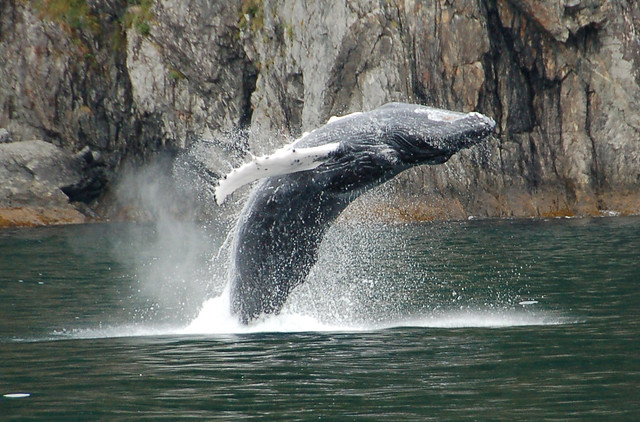Antongil Bay Humpback Whale Watching in Madagascar
Humpback Whales
Africa's Madagascar Antongil Bay is the most important breeding place for humpback whales in the Eastern Hemisphere.

Antongil Bay Humpback Whale Watching in Madagascar
Explore and Understand Africa Through Her Food and Culture
Go whale watching in Madagascar.

|
| Humpback whale watching |
One important area is Antongil Bay, the largest bay in Madagascar. Antongil Bay is a refuge for humpback whales that gather in the bay during mating season feeding on tiny shrimp-like krill, plankton, and small fish.

|
| Swimming with a Humpback Whale |
Whale songs are a series of moans, howls, cries, and other noises are rather intricate sounds that can last for hours. It is most likely that humpback whales sing to communicate with others and to attract prospective mates.
Together we build awareness that boost harmony, education, and success, below are more links to articles you will find thought provoking.
- Historical African Country Name
- Top 20 Largest Countries in Africa
- How many countries does Africa have?
- Roots of Africanized Christianity Spiritual Songs
- Chocolate Processing Facts History and Recipes
- Awesome Kenyan Woman
- Land is Not For Women in Sierra Leone
- African Kente Cloth Facts
- Accra the Ghanaian Capital Ultimate Mall Experience







